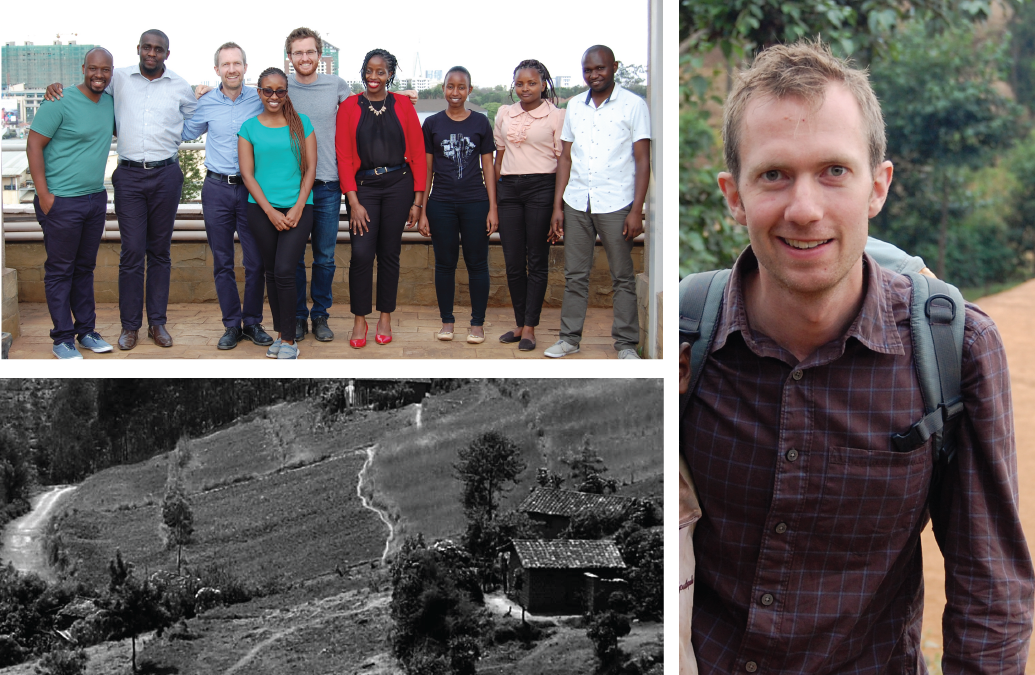Engaged Faculty Spotlight: Big Data

Daniel Björkegren, Assistant Professor of Economics, joined the Brown faculty in 2014 after finding community among people who were thinking analytically about how to help the poor. Through his research and teaching Dr. Björkegren connects analysis of big data to real world contexts. In such courses as Big Data, Economic Development, and Applied Research Methods for Economists, students learn how to employ data to meet community challenges, “In my course Big Data, I encourage students to collaborate with community partners to analyze data for their final projects. One group worked with Childhood Lead Action Project (CLAP) to consolidate datasets on lead certificates, property violations, and property ownership. Another worked with Providence city data to analyze the effect of decentralized policing on arrests.”
Dr. Björkegren’s research into the economics of developing societies has enabled gains in access to finance. “There are 1.7 billion people who lack access to formal finance. Since 2010 I've been working on ways to create credit scores for these people based on how they use their phones, which have now been used to deliver millions of digital credit loans.” His research into the potentials of digital credit has garnered attention from NPR, the World Bank, and the World Economic Forum. As machine learning systems become gatekeepers to access, providing transparency and integrity is vital, particularly in developing economies, “One of the challenges with making decisions based on algorithms is that if people are told how these decisions are made, they may game them. That can make it infeasible to serve the riskiest borrowers. With collaborators I developed a method to make algorithmic decisions that anticipate how people will respond. In a field experiment in Kenya we found that this method is more robust, and makes it feasible to make decisions transparently while maintaining performance.” One final area of Dr. Björkegren’s research touches on the importance of antitrust efforts in digital technologies to ensure equitable access to digital citizenship, “I'm also working on whether to split up dominant network industries, focusing on the case of Rwanda's mobile telecom. I found that splitting the network up could improve welfare by the equivalent of 1% of GDP--and increase incentives to invest.”
